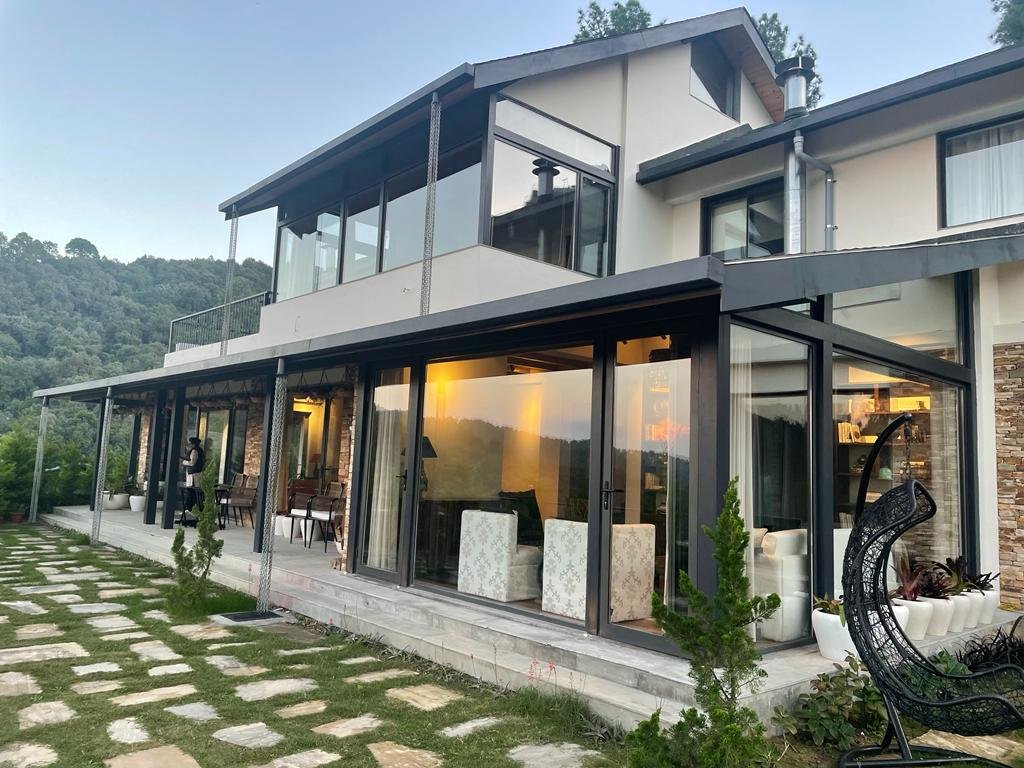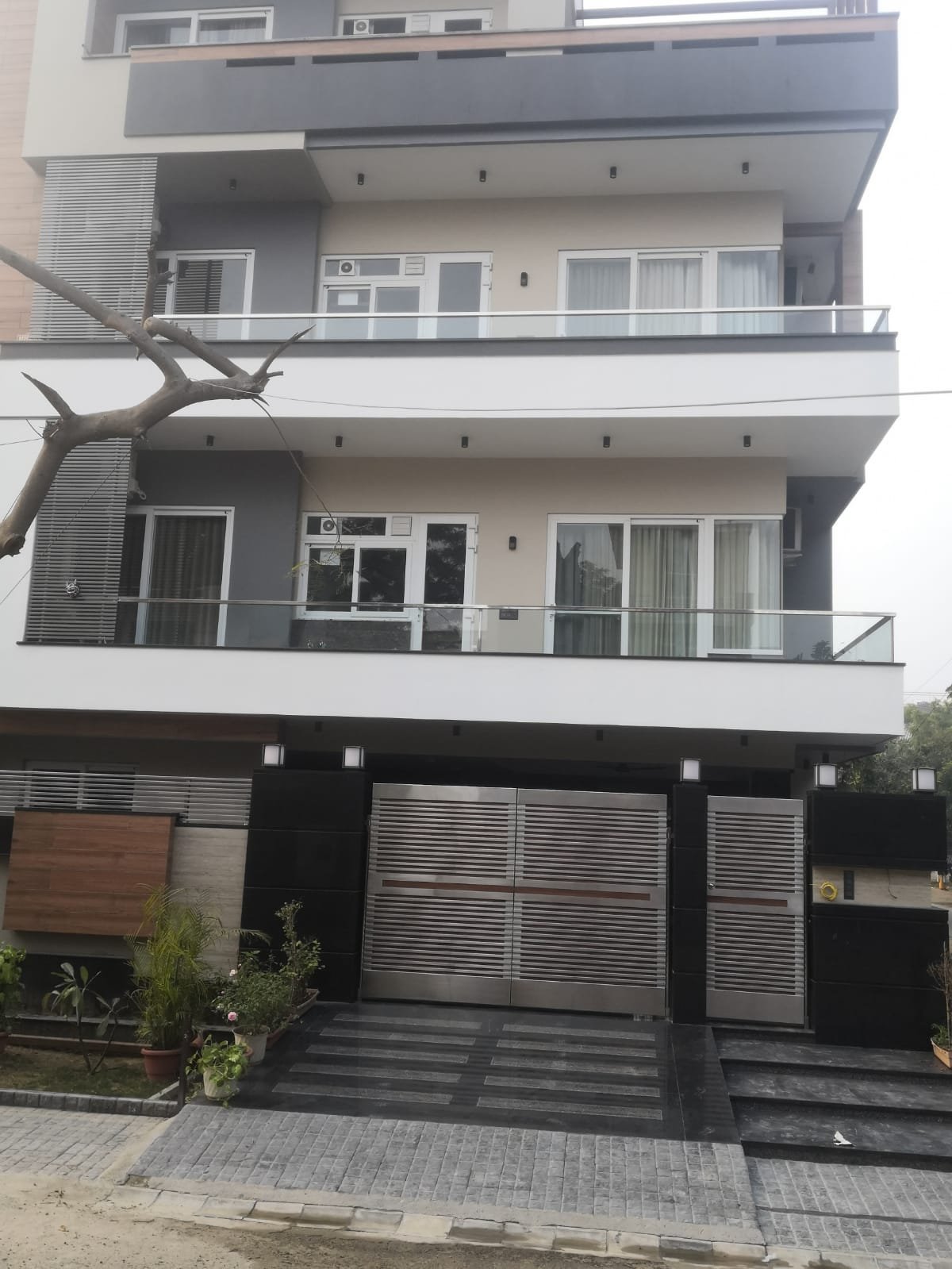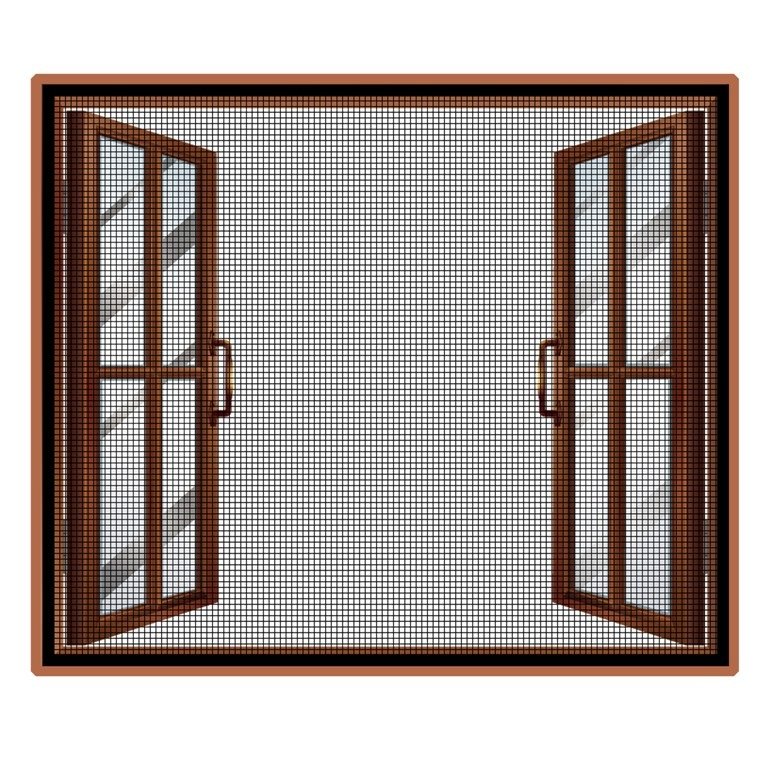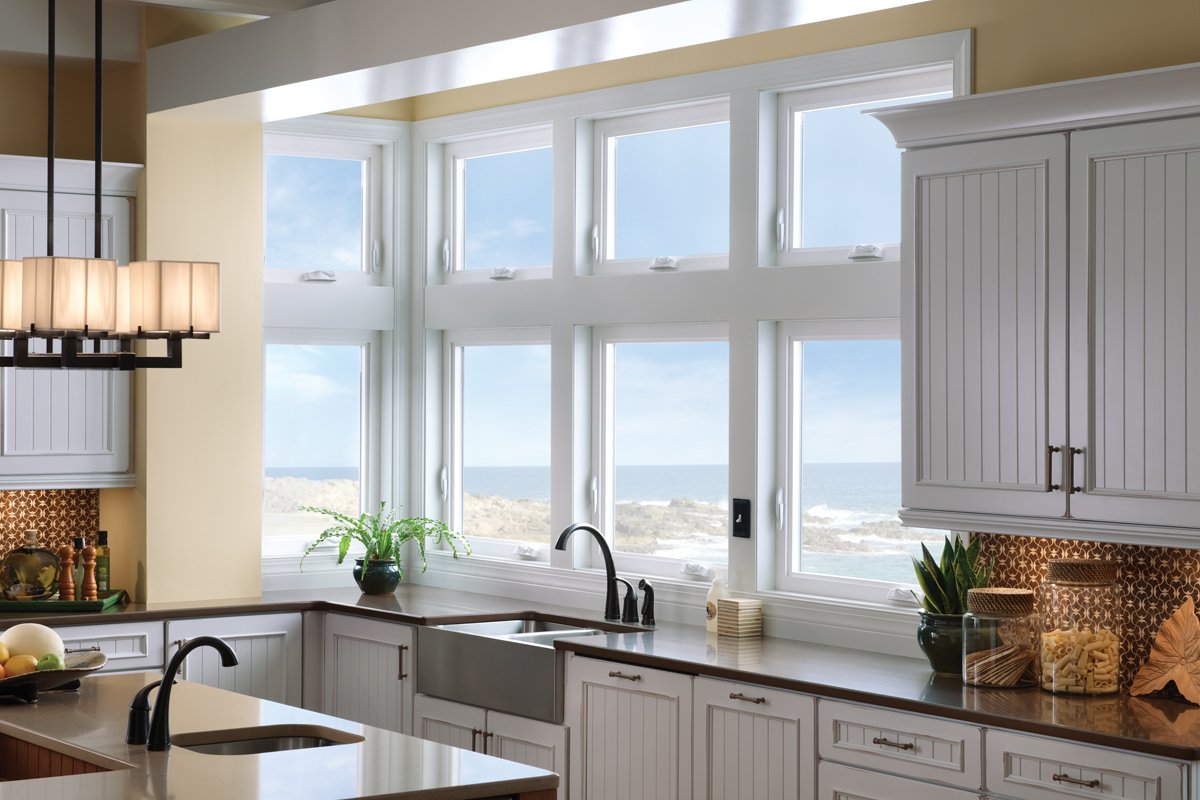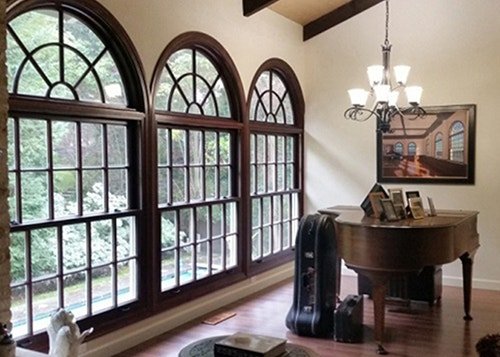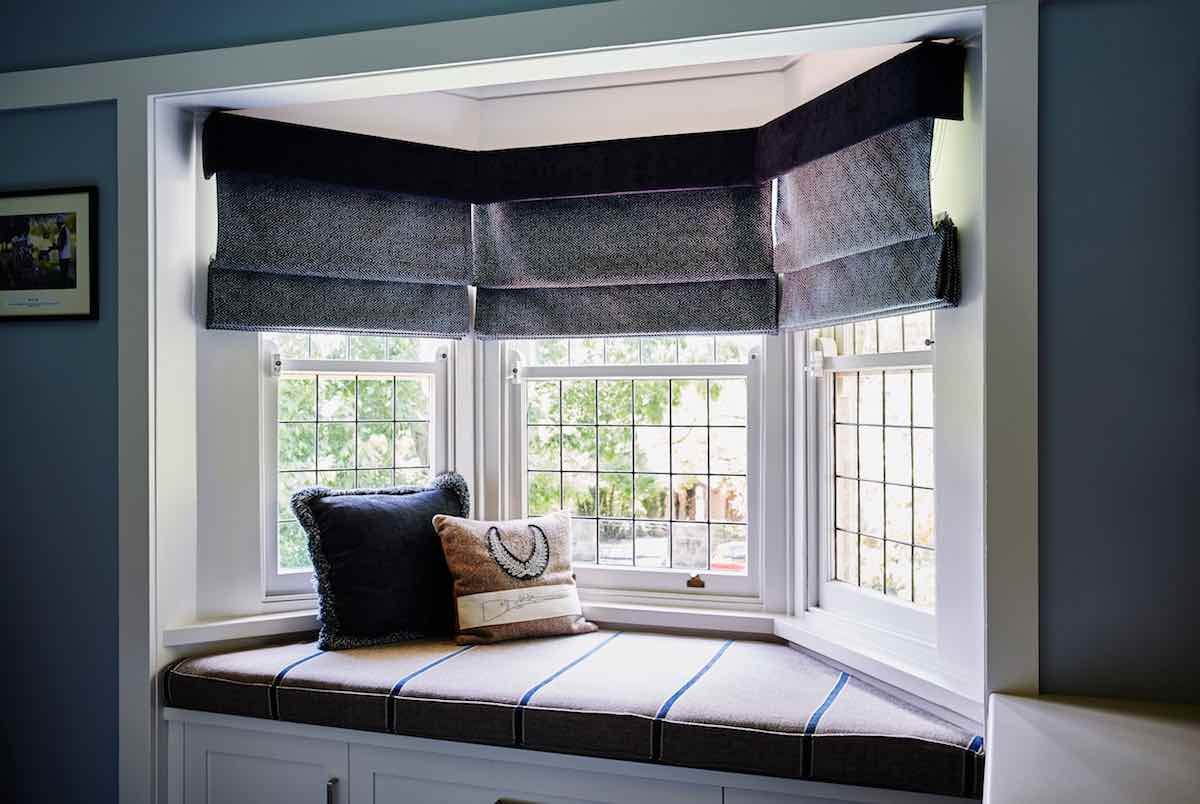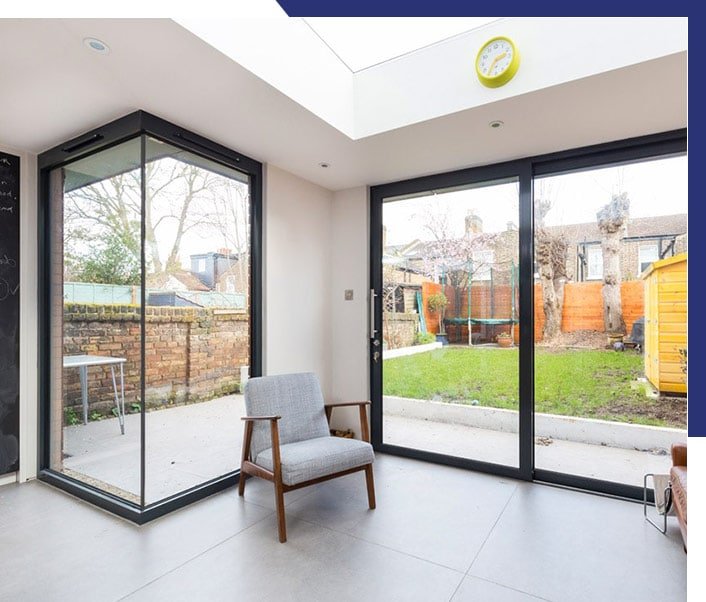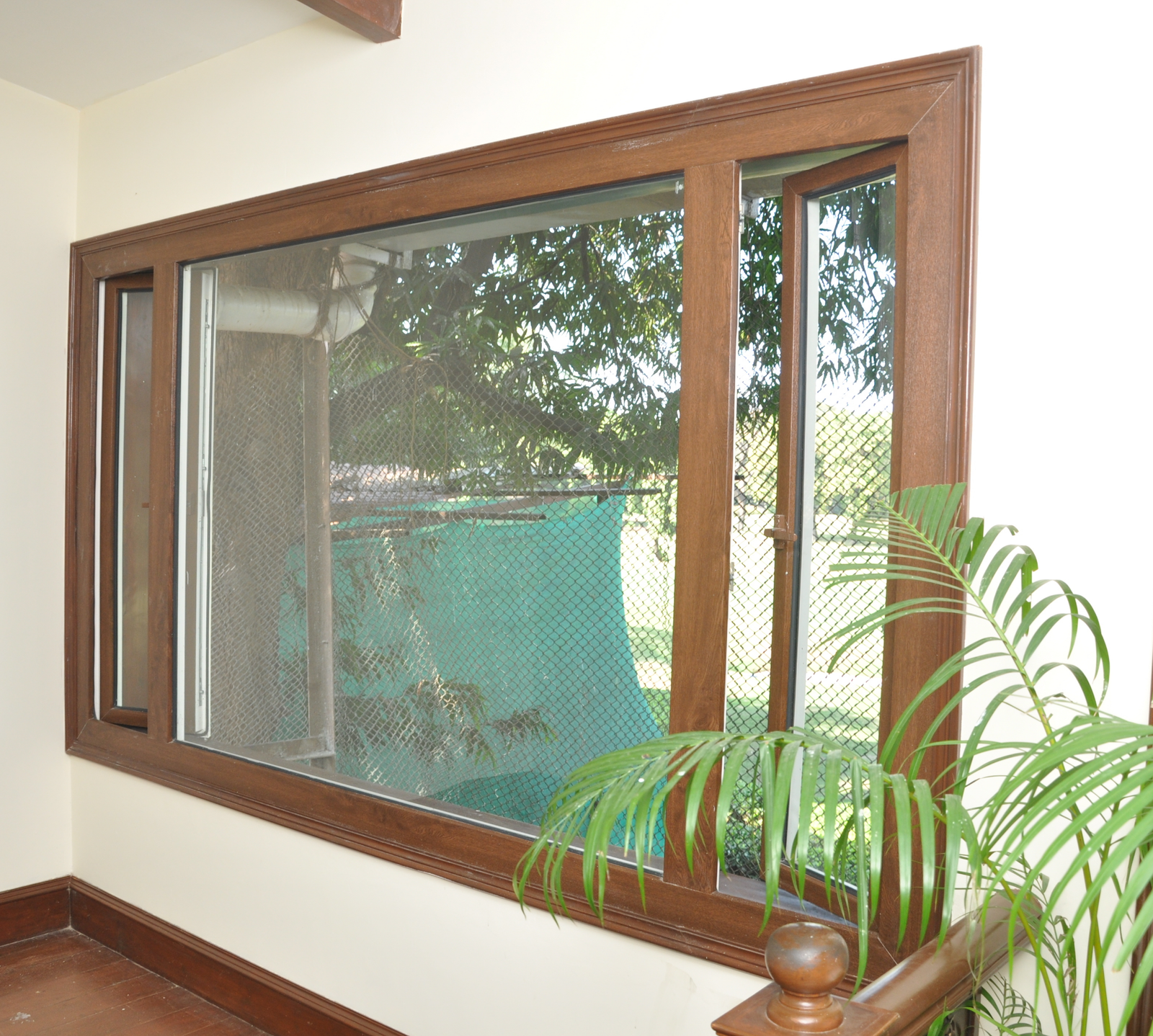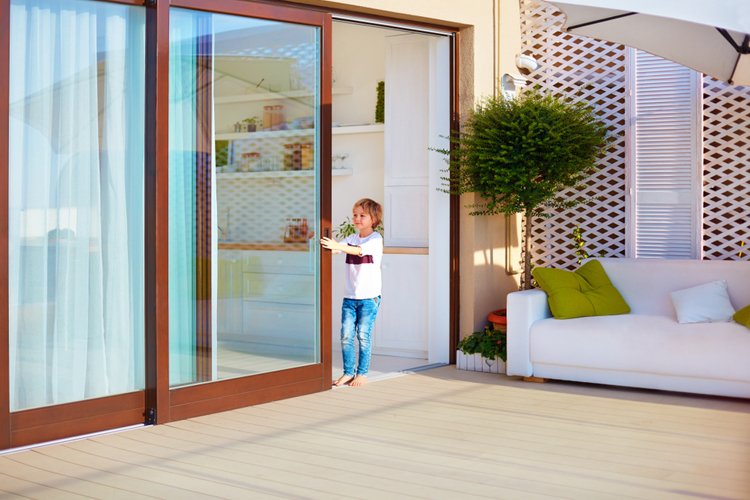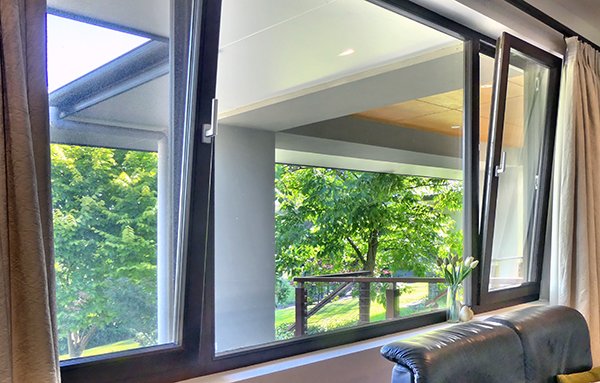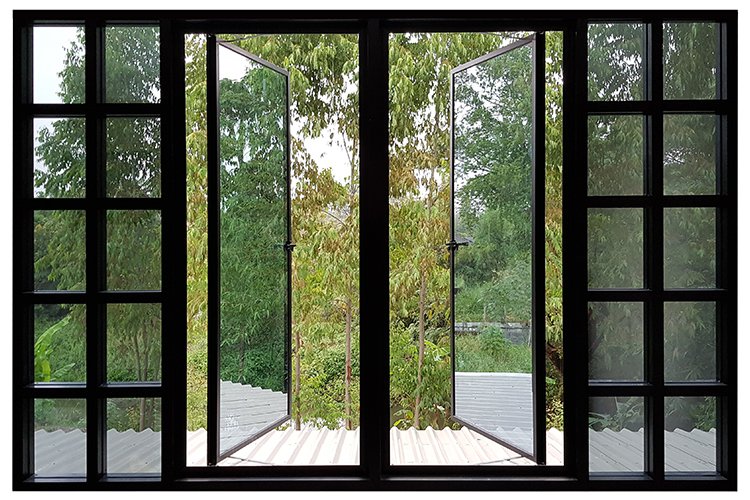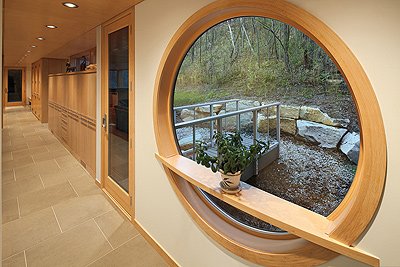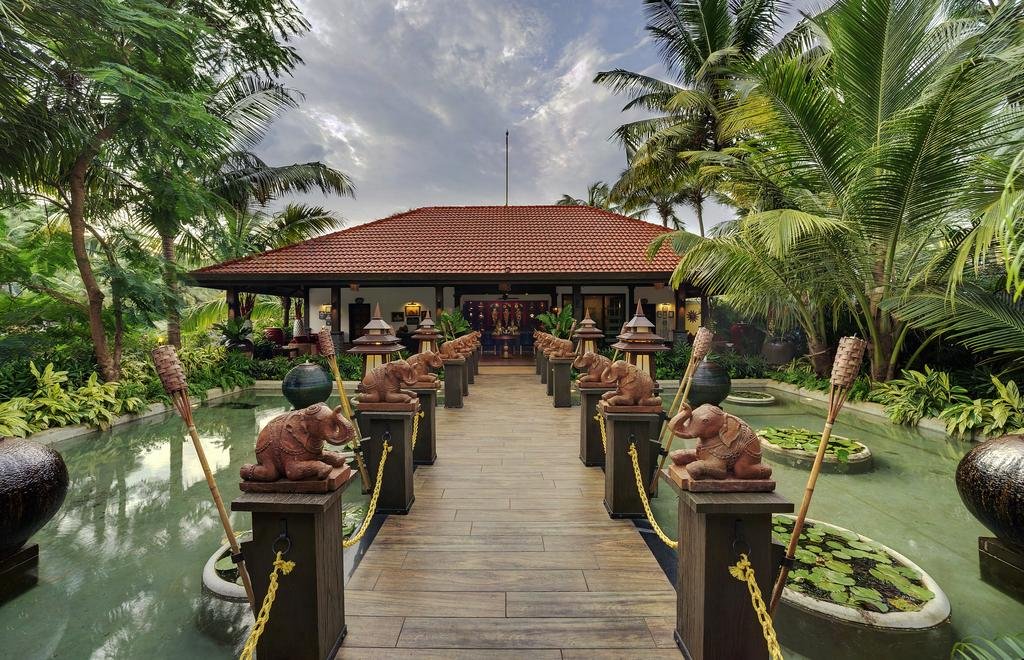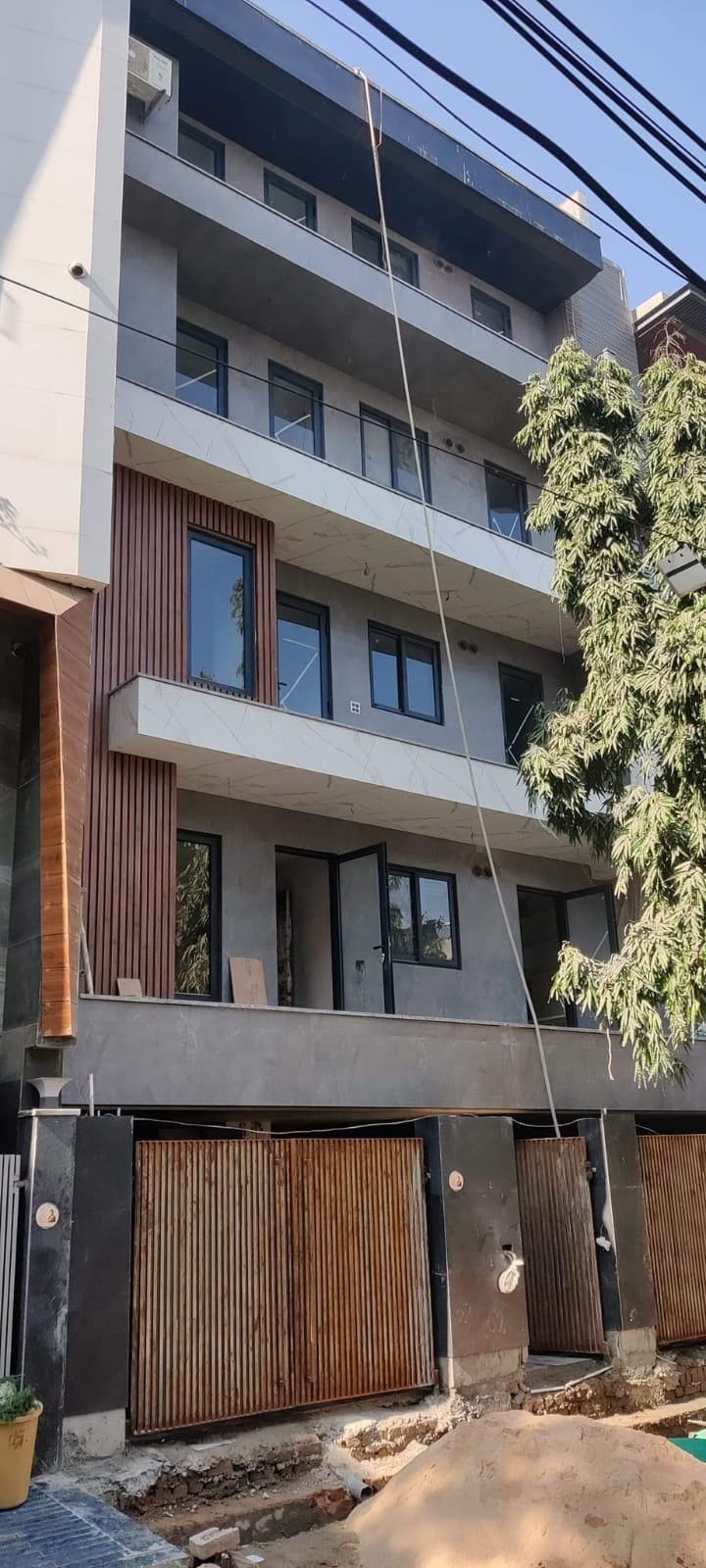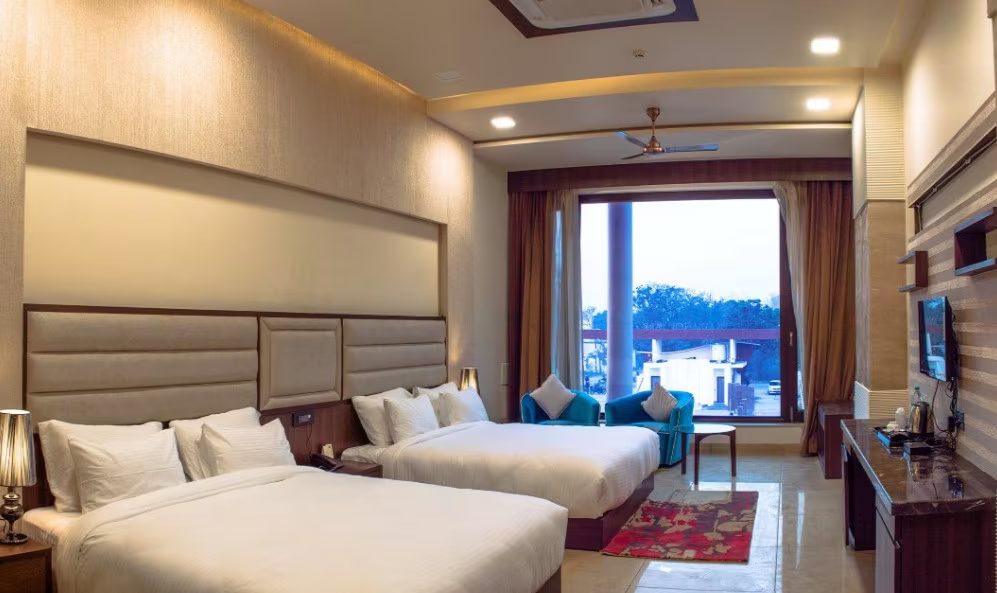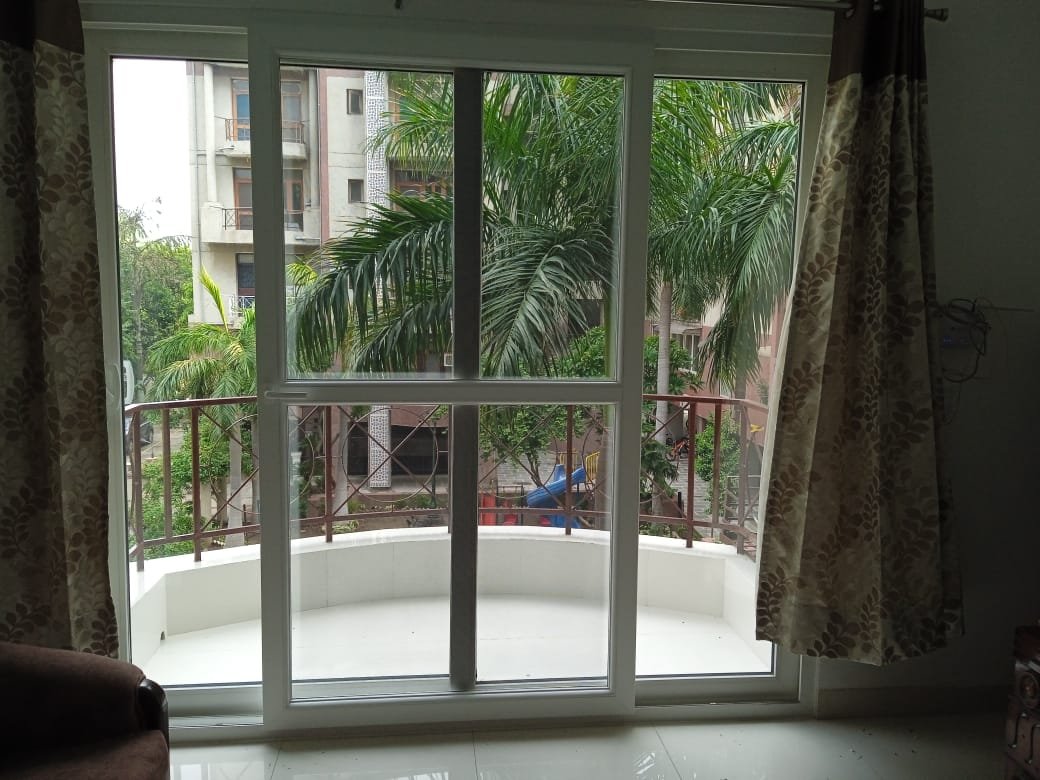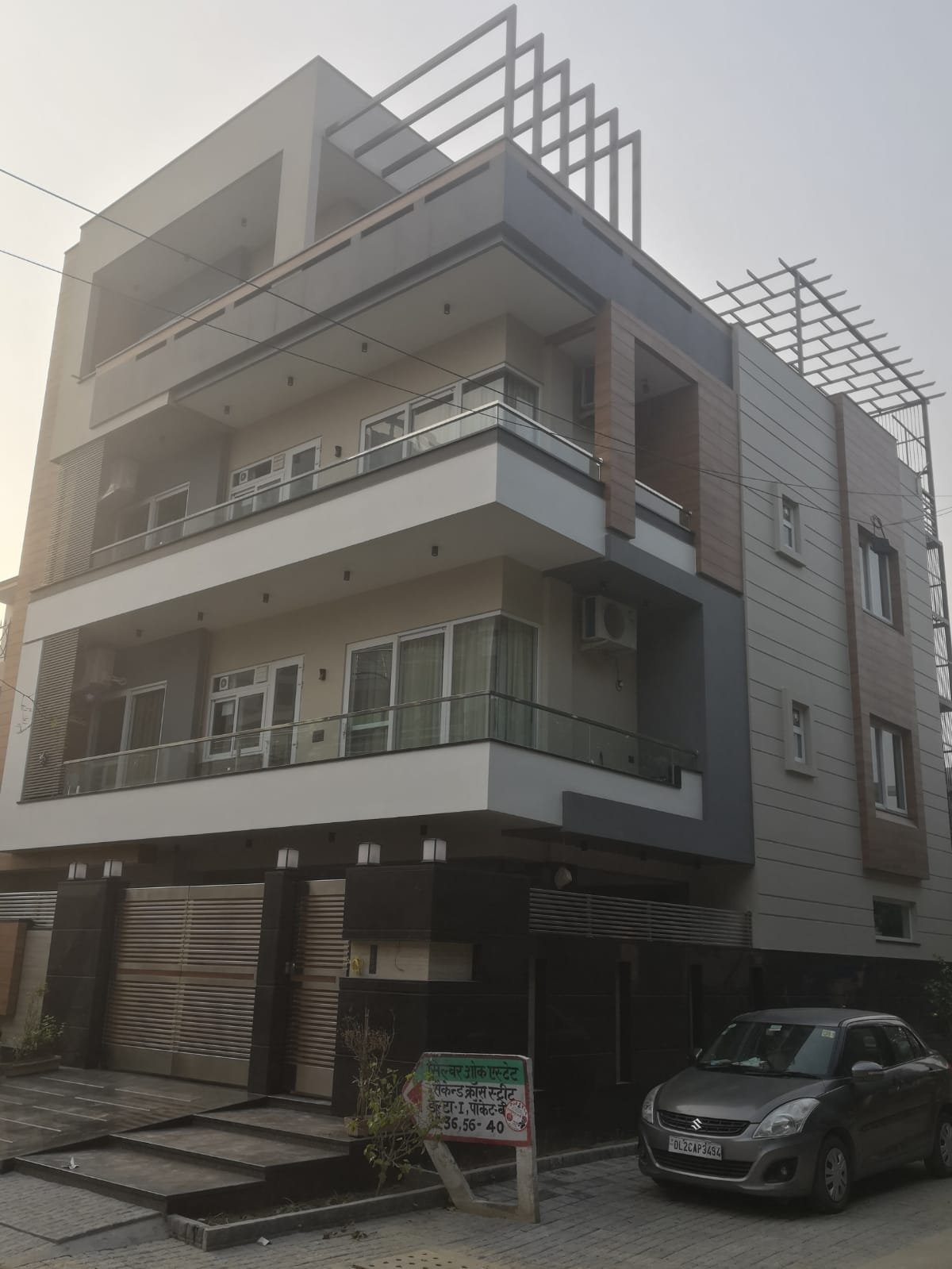uPVC (Unplasticized Polyvinyl Chloride) is a popular material used in the construction industry for doors, windows, and other building components. Here are some key features of uPVC:
Durability: UPVC is known for its excellent durability. It is highly resistant to weathering, rotting, and corrosion, making it suitable for both interior and exterior applications. uPVC products can withstand harsh weather conditions without deteriorating, which increases their lifespan.
Low Maintenance: uPVC requires minimal maintenance compared to other materials such as wood. It does not need to be painted or varnished regularly, as it retains its color and finish over time. Cleaning uPVC surfaces is also easy, requiring only regular wiping with a mild detergent and water.
Thermal Insulation: uPVC has excellent thermal insulation properties. It can effectively trap heat inside during winters and keep the interiors cool during summers, reducing the need for excessive heating or air conditioning. This helps in energy conservation and can lead to lower utility bills.
Sound Insulation: uPVC offers good sound insulation, reducing external noise transmission into the building. This is particularly beneficial for homes located in noisy areas or near busy streets, as it helps create a quieter and more peaceful living environment.
Security: uPVC windows and doors are designed with multiple locking points and reinforced frames, providing enhanced security compared to traditional wooden frames. uPVC's strong and rigid nature makes it difficult to break, making it a popular choice for homeowners concerned about safety.
Weather Resistance: uPVC is highly resistant to weathering and does not fade, warp, or crack when exposed to sunlight, rain, or extreme temperatures. It maintains its structural integrity and appearance over the long term, making it suitable for various climates.
Eco-Friendly: uPVC is a recyclable material, which makes it environmentally friendly. It can be recycled and repurposed at the end of its life cycle, reducing waste and resource consumption. Additionally, uPVC production requires less energy compared to other materials, contributing to lower carbon emissions.
Versatility: uPVC is available in a wide range of colors, finishes, and styles, allowing for versatile design options. It can be customized to match various architectural styles and personal preferences, making it a flexible choice for both modern and traditional buildings.
Overall, uPVC's key features make it a popular choice in the construction industry, offering durability, low maintenance, energy efficiency, security, and aesthetic versatility.

